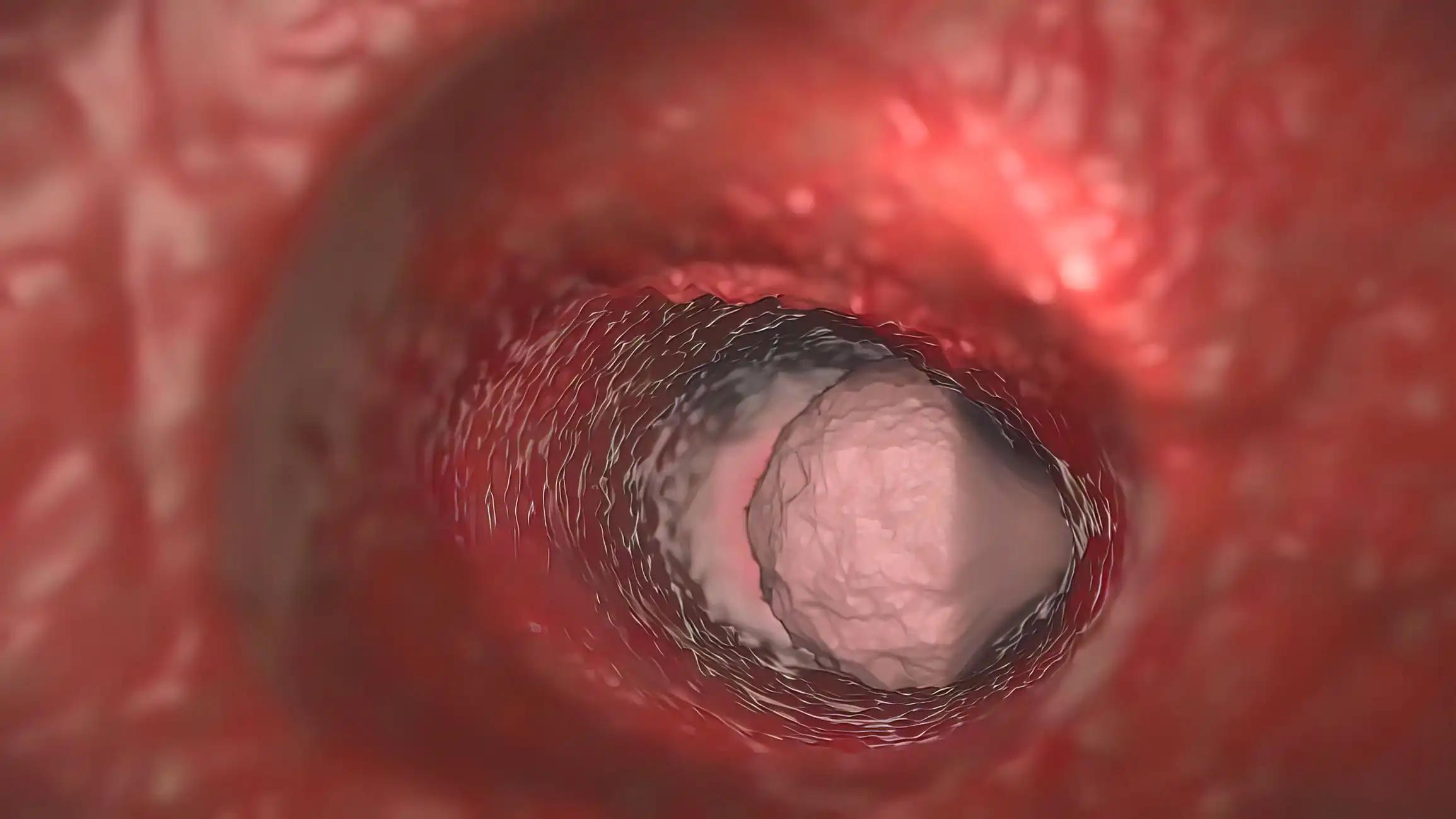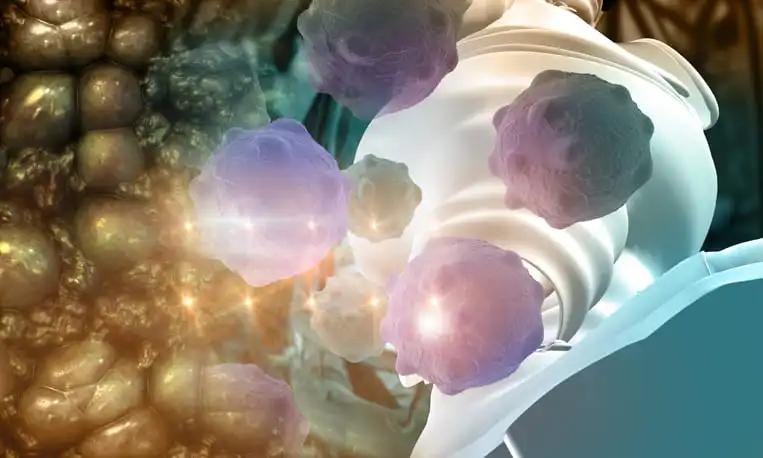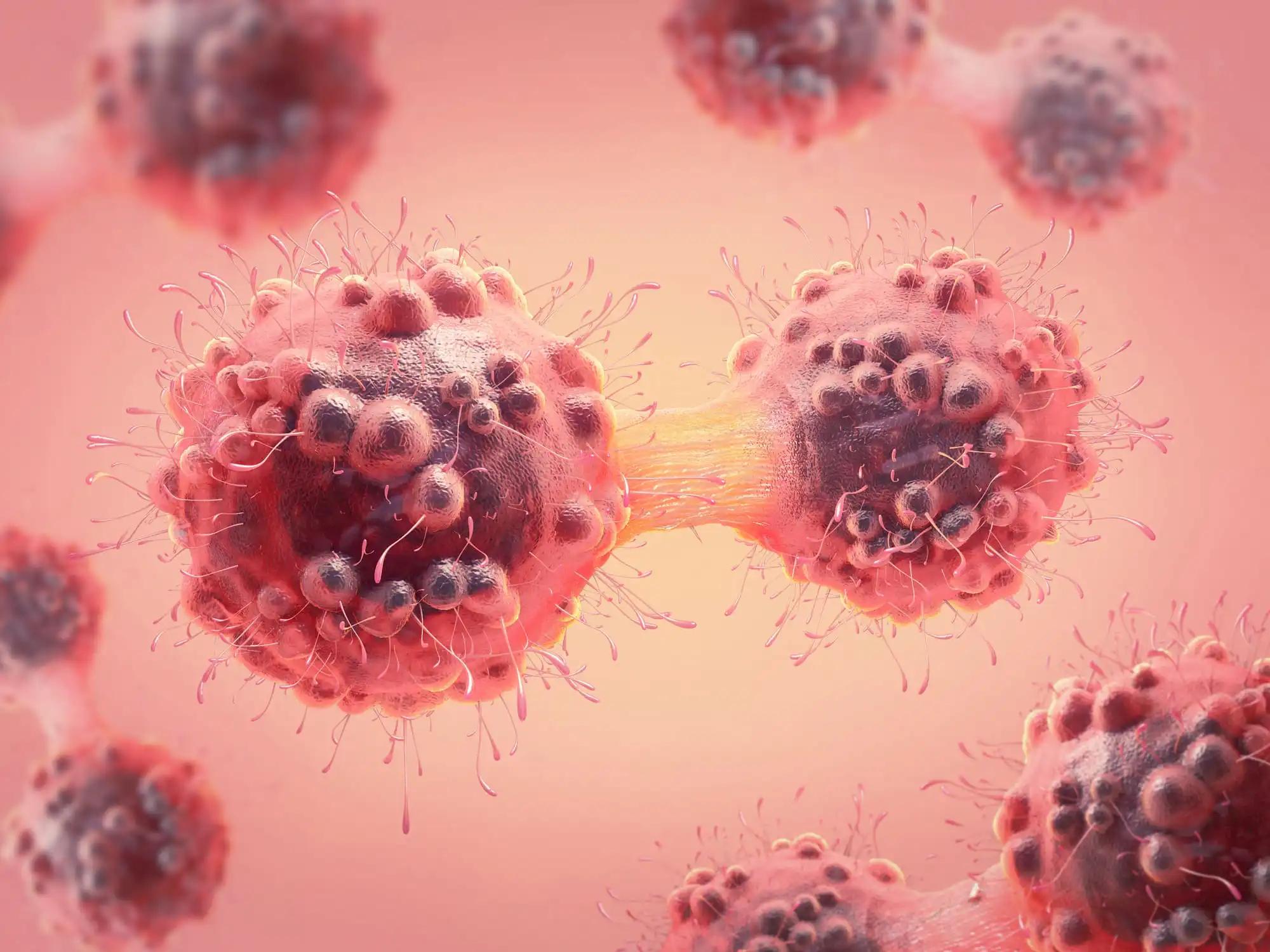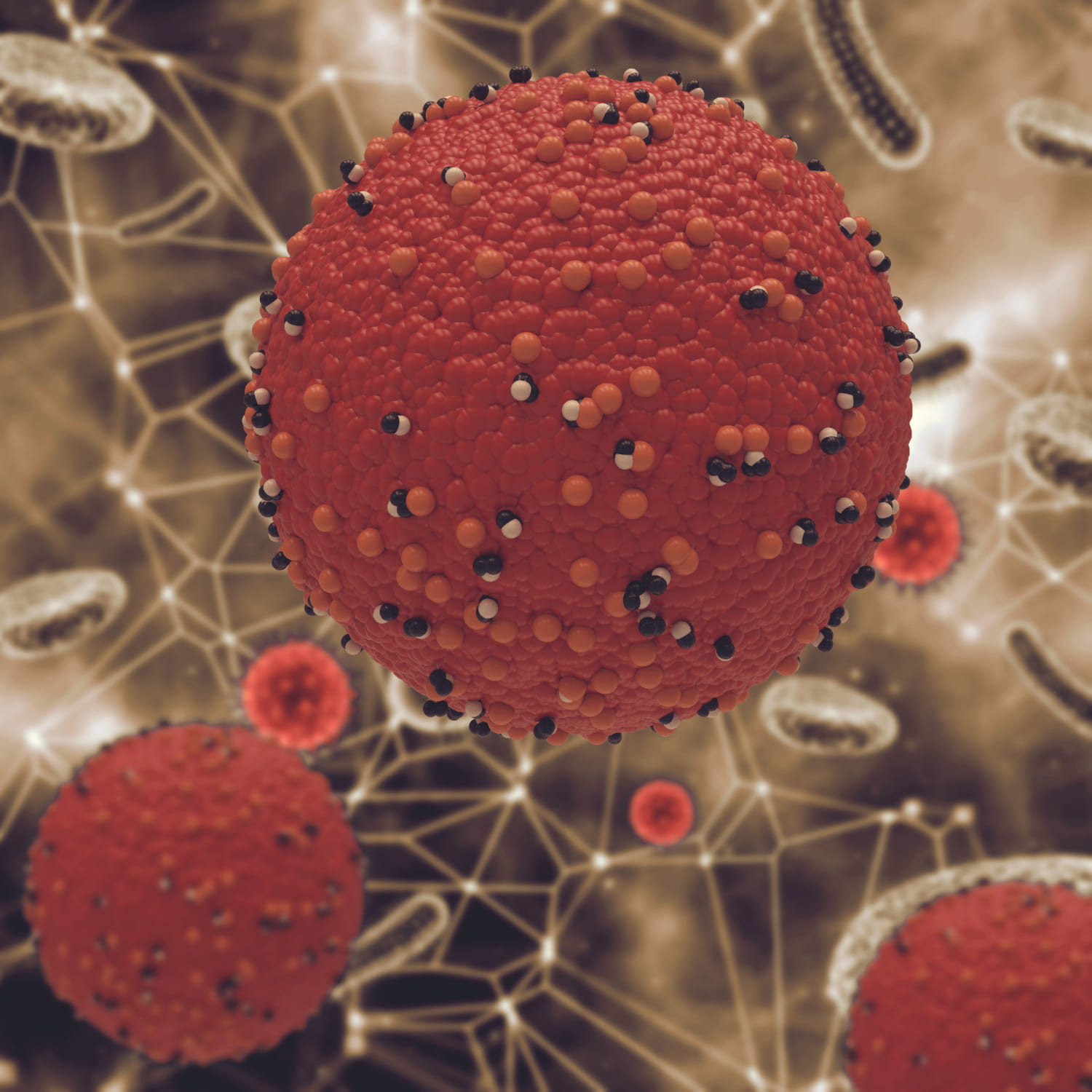KEY TAKEAWAYS
- The study aimed to investigate the association between novel biomarkers, chemotherapy, immunotherapy response, and oxidative stress in SKCM.
- Researchers noticed 2 novel oxidative stress biomarkers for SKCM and suggest targeting this pathway to enhance chemotherapy and sensitivity, promising improved treatment outcomes.
Skin Cutaneous Melanoma (SKCM) incidence is continually rising, necessitating effective treatment modalities. Chemotherapy and immunotherapy are widely used, yet personalized approaches are lacking.
Dongyun Rong and the team aimed to discover novel biomarkers for SKCM treatment response, focusing on chemotherapy and immunotherapy while exploring their correlation with oxidative stress.
They performed an inclusive analysis utilizing TCGA-SKCM RNA-seq data, employing Weighted Gene Co-expression Network Analysis (WGCNA) and Protein-Protein Interaction (PPI) networks to identify six core genes. Gene co-expression and immune-related analyses were conducted, identifying specific markers associated with oxidative stress using Gene Set Variation Analysis (GSVA).
Single-cell analysis revealed the expression patterns of Oxidative Stress-Associated Genes (OSAG) in the tumor microenvironment. TIDE analysis explored the association between immune therapy response and OSAG, while CIBERSORT analyzed the tumor immune microenvironment.
The BEST database demonstrated the impact of the Oxidative Stress signaling pathway on chemotherapy drug resistance. Immunohistochemical staining and ROC curve evaluation assessed the protein expression levels of core genes in SKCM and normal samples, with survival analysis determining their diagnostic value.
They identified 6 central genes associated with SKCM metastasis, with DSC2 and DSC3 expression closely linked to immune cell infiltration via the oxidative stress pathway. Notably, DSC2 influenced drug resistance in SKCM patients. Furthermore, the downregulation of DSC2 and DSC3 expression enhanced the response of SKCM patients to immunotherapy.
The study concluded that 2 OSAG serve as novel biomarkers for SKCM, suggesting that targeting the oxidative stress pathway could offer a new strategy in clinical practice to enhance SKCM chemotherapy and sensitivity.
This study was sponsored by the Basic research of Guizhou Cooperational Science Foundation and Science and Technology Fund of Guizhou Provincial Health Commission.
Source: https://pubmed.ncbi.nlm.nih.gov/38660305/
Rong D, Su Y, Jia D, et.al (2024). “Experimentally validated oxidative stress -associated prognostic signatures describe the immune landscape and predict the drug response and prognosis of SKCM.” Front Immunol. 2024 Apr 10;15:1387316. doi: 10.3389/fimmu.2024.1387316. PMID: 38660305; PMCID: PMC11039952.









